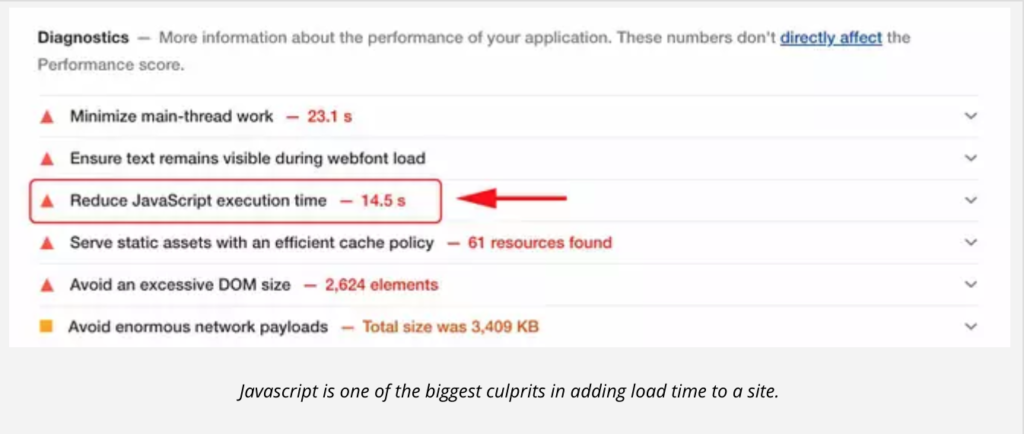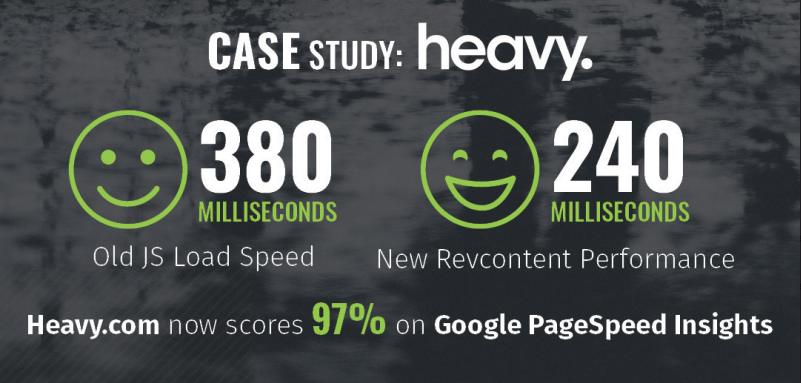How Ad Tech Partners Could Actually Cost Publishers Revenue
Ad tech partners are built into the publisher ecosystem to give them much-needed revenue…but what happens when their technology actually ends up costing a publisher revenue?
As many publishers renew their focus on organic search rankings and SEO, media brands are relearning how to play by Google’s rules, and those rules heavily include page load time as a major factor in determining organic page rankings.
Page load speed has always been one of the top factors in determining organic page rankings, and the difference boils down to milliseconds. According to Google’s Webmasters Blog, “You may have heard that here at Google we’re obsessed with speed, in our products and on the web. We encourage you to start looking at your site’s speed not only to improve your ranking in search engines, but also to improve everyone’s experience on the Internet.”
So, what exactly does a slow page cost you?
The Cost of Milliseconds
Steve Flee, Chief Technology Officer at RevContent, estimated, “100 milliseconds of load time can cost a publisher ~20% in revenue over the course of a year.”
A blog post on page load speed by Neil Patel says, “If a website is making $100,000 per day, a 1 second page delay could potentially cost $2.5 million in lost revenue every year.”
Another statistic says “Google loses 20% of their traffic for every additional 100 milliseconds it takes for a page to load.”
All in all, the reports, statistics, and studies are there to prove slow page load speed can have massive revenue impacts, directly through sales and conversions for e-commerce and more indirectly for a publisher earning ad revenue based on impressions and clicks.
Having multiple ad tech partners can make a publisher’s page sluggish and lethargic, costing them revenue and higher organic page rankings. If ad tech partners are handing over heavy scripts, slow-loading html, and more, they’re going to compound and drag a page speed down even more.
60% Lighter Technology
According to Ezoic, the largest contributor to page lag was third-party javascript, and a majority of media brands are probably unaware at how much JS code is simply sitting on their page.
As most of our publisher partners at RevContent implement our widgets via javascript, we’re highly aware of the effect our technology has on a publisher’s overall business revenue.

Not to too shamelessly self plug, but from the beginning at RevContent, we’ve had light, fast-loading widgets as we knew latency would always be an issue for publishers.
However, even we knew we could do better.
In 2019, our tech team iterated on our old script, creating a new faster, lighter widget that loads 3X faster than competitors called Performanté. For one of our publishers, heavy.com, it took their page load speed from 380 milliseconds down to 240 milliseconds, giving them a 97% on Google PageSpeed Insights.

Fast Pages = Traffic = Revenue
As 2020 brings tons of new changes and uncertainties to the publisher landscape, brands know their business basically runs on two things – traffic and revenue. Traffic can influence revenue, and revenue affects longevity.
If you think your current ad tech is slowing down your page, it’s worth looking into. Use a tool like Google Page Speed Insights or Pingdom – and get in touch with us if 60% lighter and faster content recommendation technology sounds good to you.
Through content discovery, RevContent enables publishers and advertisers to engage and grow audiences, develop loyal customers and drive revenue. Sign up or login to your account.



